
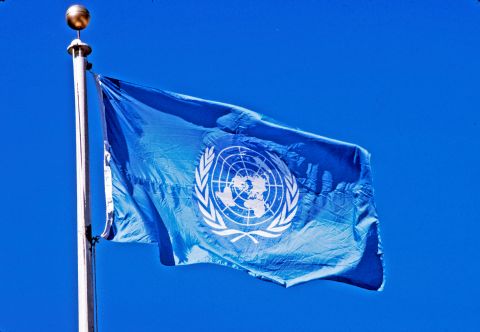
The United Nations was founded in 1945 after the Second World War by 51 countries who were committed to maintaining peace, supporting social progress and promoting human rights.
It was established by the United Nations Charter, the most important piece of international law. There are now 192 countries which are members of the UN. In 2005, then UN Secretary General Kofi Annan set out his vision for the future of the UN stating, “we will not enjoy development without security, we will not enjoy security without development, and we will not enjoy either without respect for human rights.” His report, In Larger Freedom, led to changes in the UN system, including the creation of the Human Rights Council.
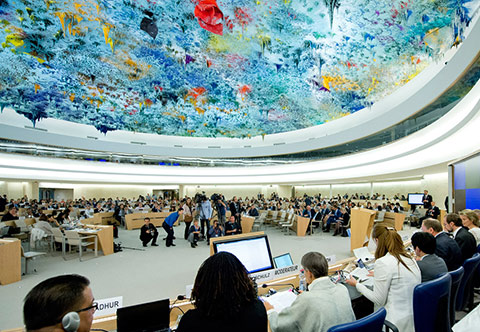
The UN Human Rights Council was created in 2006 as the primary human rights body in the UN. It is a political body, established under the UN Charter with the main purpose of addressing human rights violations and making recommendations on them.
It is made up of 47 countries which elected by their peers for three year terms. The Council’s activities include the Universal Periodic Review which reviews the progress of all members under their human rights obligations every four years. The Council also appoints Special Rapporteurs to address country situations or particular human rights issues. They examine, monitor, advise and publicly report on human rights and generally undertake country visits and respond to individual complaints. There is a news feed from the Human Rights Council online.
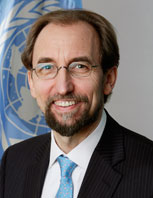
The United Nations Office of the High Commissioner for Human Rights has a unique mandate from the international community to promote and protect all human rights.
The current High Commissioner, Zeid Ra'ad Al Hussein (appointed 2014), is the UN’s principal human rights official and, together with his Office, spearheads the UN’s human rights efforts. His Office works to educate and take action to empower individuals and assist States in upholding human rights. It also provides professional support to other UN human rights bodies.
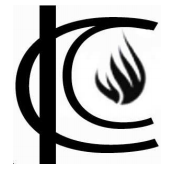
The International Coordinating Committee (ICC) is a representative body of national human rights institutions around the globe established to strengthen national human rights institutions which conform to the Paris Principles.
The ICC is structured into four regional groupings – Africa, Americas, Asia Pacific and Europe. Each regional grouping is represented by four elected representatives. The ICC encourages international coordination of joint activities and cooperation among these national human rights institutions.
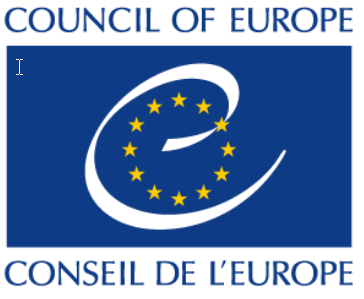
The Council of Europe advocates freedom of expression and of the media, freedom of assembly, equality, and the protection of minorities. It has launched campaigns on issues such as child protection, online hate speech, and the rights of the Roma, Europe's largest minority. The Council of Europe helps member states fight corruption and terrorism and undertake necessary judicial reforms. Its group of constitutional experts, known as the Venice Commission, offers legal advice to countries throughout the world.